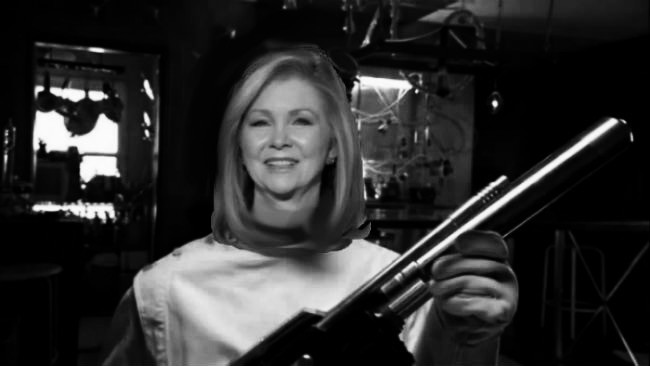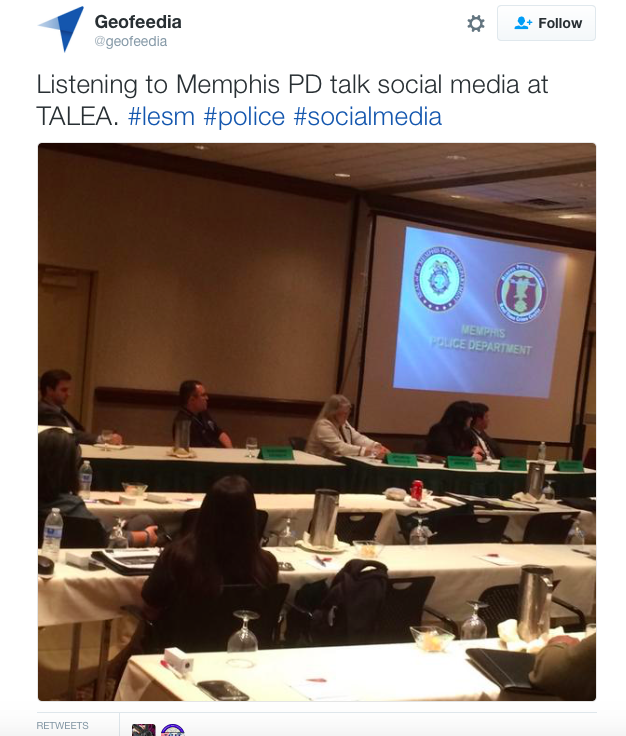If you want to get cheered up quick, try Gonerfest.

Memphis punks Nots open Gonerfest 13 in the Cooper Young Gazebo
I had had a pretty crappy Thursday, and was in a pretty foul mood as I headed to the corner of Cooper and Young for the kickoff of Gonerfest 13. The fresh air, idyllic weather, and flurry of faces, both familiar and unfamiliar, loosened me up a bit, and then Nots rocked away the remnants of my darkness. As Goner co-owner Zac Ives said in his brief introduction to the band, it’s been a real privelage watching this band of Memphis women grow and evolve from raw, explosive talent into the finely honed outfit that confidently kicked off the world’s greatest garage punk festival. Even more heartening was the gaggle of little girls who gathered transfixed before Nots frontwoman Natalie Hoffman. The rest of Gonerfest may not be kid-friendly, but for a few minutes yesterday afternoon some Midtown kids got a glimpse of what a powerful, talented, and determined bunch of women can do.

The show moved to the considerably less kid-friendly environs of the Hi-Tone for the evening’s festivities, led off by Memphis newcomers Hash Redactors. Half the fun of Gonerfest (well, maybe not literally half) is discovering new acts, and between the psychedelic Redactors and Chook Race from Melbourne Australia, I had joined two new fandoms before 10 PM. As the night’s MC, the legendary Black Oak Arkansas frontman Jim Dandy, explained “Chook Race” is Aussie slang for chicken racing, which is apparently a thing in the Outback. But aside from their accents, the three piece didn’t sound like they were from down under. I got a distinct vibe of Athens, Georgia circa 1981 from the jangly sound and twisty songwriting. Some songs sounded like Pylon, while others could have been outtakes from REM’s first EP “Chronic Town”.

Chook Race from Melbourne, Australia
The crowd shoehorned into the Hi Tone mingled all kinds of accents and looks. I noticed as I entered the show that passports were being offered as IDs as often as American driver’s licenses. Yes, people really come from outside the states to Gonerfest. Lots of them.

Reigning Sound
The rest of the evening offered various shades of garage rock, from Ohioans Counter Intuits to the Gonerfest veterans now based in San Francisco Useless Eaters. Guitar heroes Fred and Toody—Oregonian legends who fronted Dead Moon and Pierced Arrows—played a noisy set to a reverent room. Then it was time for a return of some Memphis favorite sons, Reigning Sound. Greg Oblivian Cartwright formed the band in the early 2000s with Alex Greene on keys, Greg Roberson on drums, and Memphis import Jeremy Scott on bass and backup vocals. The original lineup stayed stable for two of the best records created in Memphis since the heyday of Stax, and their live shows are legendary. When the original lineup reunited, with the occasional addition of John Whittemore on pedal steel and guitar, they proved the legends true for those who didn’t get the opportunity to see it go down the first time. There wasn’t a bad band on the first night of Gonerfest 13, but the Reigning Sound were head and shoulders above the rest. No one else had the width and depth of Cartwright’s songwriting, or the telepathic group cohesion that can sound both haphazard and incredibly tight at the same time. These guys are, and have alway been, the real deal.
Now to get rehydrated for today’s shows.
 The Memphis Police Department
The Memphis Police Department 
 JB
JB 


 Geofeedia
Geofeedia  Geofeedia
Geofeedia  Geofeedia
Geofeedia 

